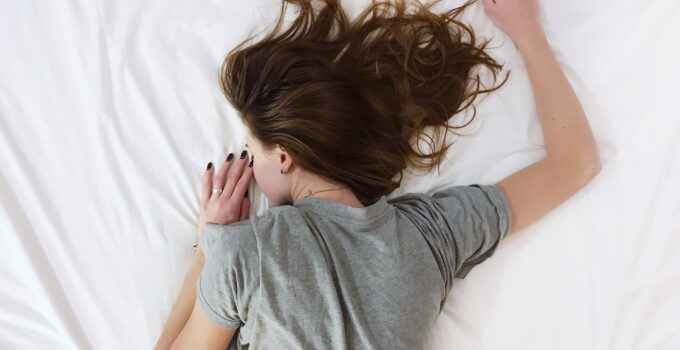Getting quality sleep plays a crucial role in maintaining good physical health and also contributes significantly to mental wellbeing.
Sleep is the time when the body and mind rest and recuperate, and provides a platform from which a person can function properly the following day.
Not everyone has the luxury of getting the requisite amount of sleep, but there are several things you can do to improve your chances.
Get into a bedtime routine
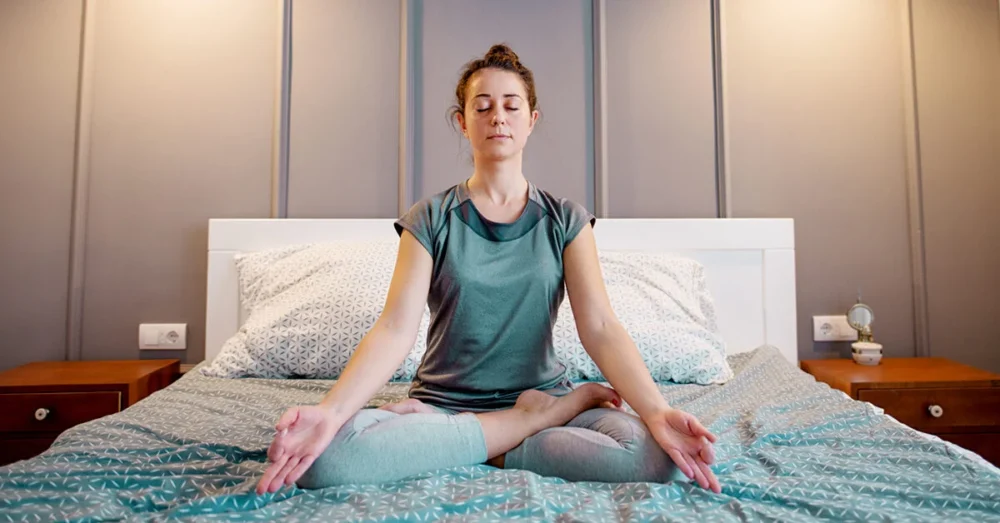
Source: healthline.com
According to a recent study by Betway Insider, establishing a pre-bedtime routine is essential in creating optimum sleep conditions.
Meditating for 30 minutes before sleep was found to provide the best quality sleep, while wearing a face mask and watching a comedy movie also scored highly.
However, it should be noted that what works for one person may not necessarily work for another and vice-versa.
A relaxing pre-bedtime routine is effectively a way of training your mind and body to recognise that it is time to enter rest and recuperation mode.
Invest in the best mattress you can afford
Mattress technology has become highly sophisticated since the turn of the century and choosing the right one requires plenty of thought.
Some people prefer mattresses, while others enjoy sleeping on something a little softer, so head down to your local store and try before you buy.
Bear in mind that purchasing a cheap mattress may seem like a prudent idea, but the quality of sleep it provides will probably diminish fairly rapidly.
Spending the maximum amount you can afford on a well-built mattress will likely mean it will be another 10-15 years before you need to replace it.
Support your sleep with technology
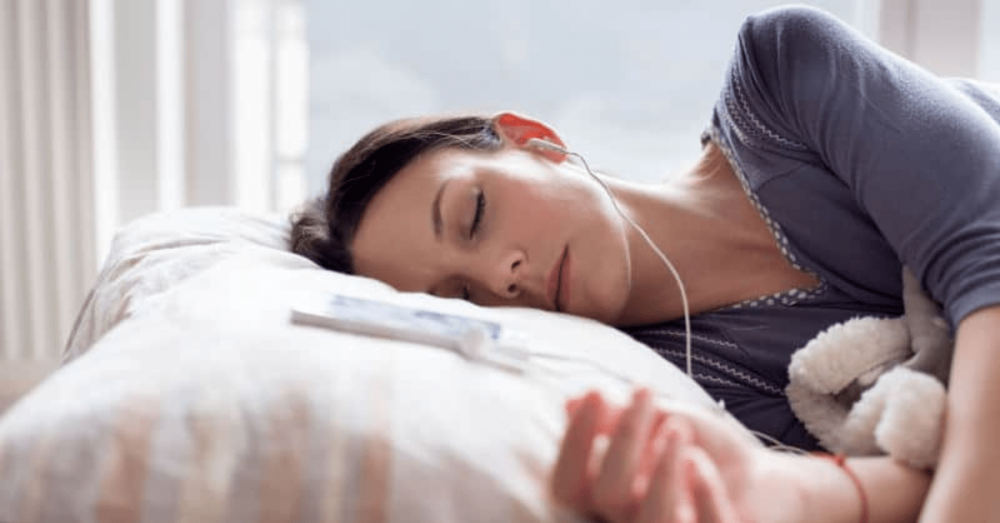
Source: villagepipol.com
Sleep technologies have become big business in recent years, with developers harnessing academic research to deliver numerous innovative products.
From wearables to sleep apps and more, there are a plethora of products on the market which are designed to improve your chances of getting a good night’s sleep.
We love the Calm app, which has an extensive library of sleep-inducing stories for adults and children read by some rather famous narrators.
For instance, if you fancy being sent to sleep by the dulcet tones of Hollywood star Matthew McConaughey, the Calm app will be right up your street.
Calculate how much sleep you need
Most people are led to believe that eight hours per night is the optimum amount of sleep, but this is not strictly true.
Some people can function properly on just six to seven hours, while others may need eight to nine to ensure they can cope with what life throws at them.
Spend time working out where your sweet spot is and set a sustainable bedtime that works in harmony with your body clock.
Do not make the mistake of having a lie in at weekends as this can disrupt the routine you have established and mess you up for the rest of the week.
Set a comfortable room temperature
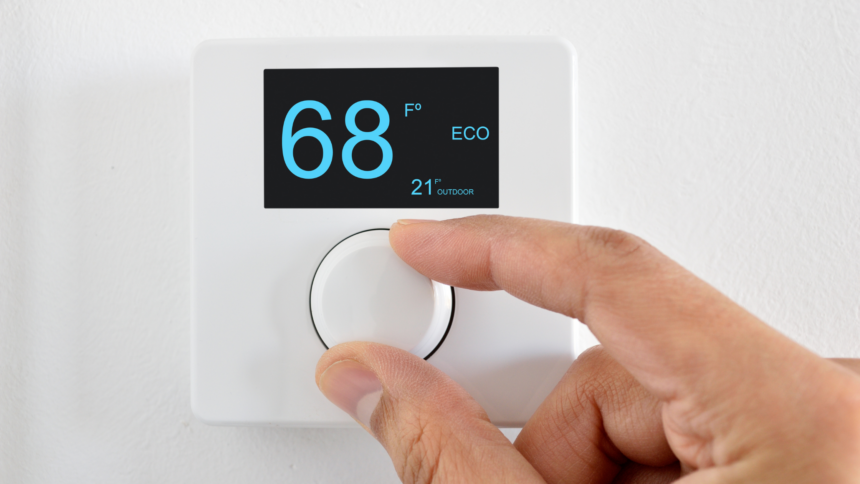
Source: hvac.com
Much like the porridge in the story of Goldilocks and the Three Bears, temperature plays a key role in getting a good night’s sleep.
Research has shown that the optimum room temperature for good quality sleep is between 16-18 centigrade, regardless of the time of year.
In the winter time, setting the thermostat on your heating system is the ideal way to regulate the temperature in your bedroom.
During the summer months, opening windows or switching on the air condition will ensure that your sleep is not disturbed by excessive outside temperatures.
Ban digital devices from the bedroom
Many people may find this suggestion difficult to achieve, but banning digital devices from the bedroom will boost the quality of your sleep.
Televisions, laptops and smartphones have become commonplace in bedrooms across the world, but they can all interfere with sleep.
Numerous studies have shown that the blue light they emit negatively impacts the production of melatonin, which is the hormone that controls sleep.
Keeping gadgets out of the bedroom effectively establishes a sanctuary where you can give your body and mind the space they need to completely wind down.
Avoid stressful activities before bedtime
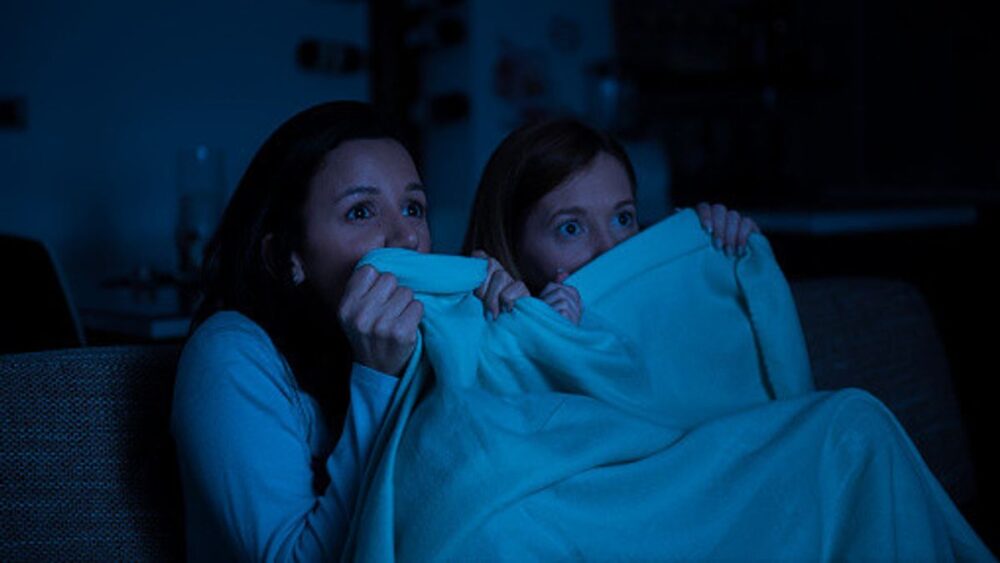
Source: voi.id
As mentioned earlier, undertaking relaxing activities before bedtime is the best way to ensure you enjoy a peaceful sleep each night.
Watching horror movies or true crime on television are guaranteed to stress you out and can have a significant impact on the quality of your sleep.
Any activities that raise your blood pressure and heart rate should be avoided, although love making is a notable exception to the rule.
Research conducted by the University of Ottawa suggests engaging in sexual intercourse before sleep decreases stress and provides better sleep for insomniacs.
Undertake more exercise
Exercising regularly has been proven to have a significant impact on health and wellbeing, and can play a key role in getting better quality sleep.
Being active uses energy, reduces stress and generally makes you feel more positive about life – all of which contributes to sleeping better.
However, it is important to note that too much activity just before bedtime can make it difficult to get the optimum amount of sleep.
On that basis, fit activities just as gym visits or walking the dog into the early part of the day to ensure you do not harm your sleep cycle.
Eat a healthy diet

Source: healthline.com
Eating a healthy diet is contributes massively to physical and mental wellbeing and plays a key role in getting great quality sleep.
Sugary foods are renowned for reducing serotine levels, which can have the knock-on effect of impairing your ability to sleep well.
Foods such as walnuts, almonds, prunes, berries, plums and raisins are all excellent at supporting a structured sleep cycle.
Always make sure to avoid drinking caffeine late at night and give yourself plenty of time to digest your final substantial meal of the day.

